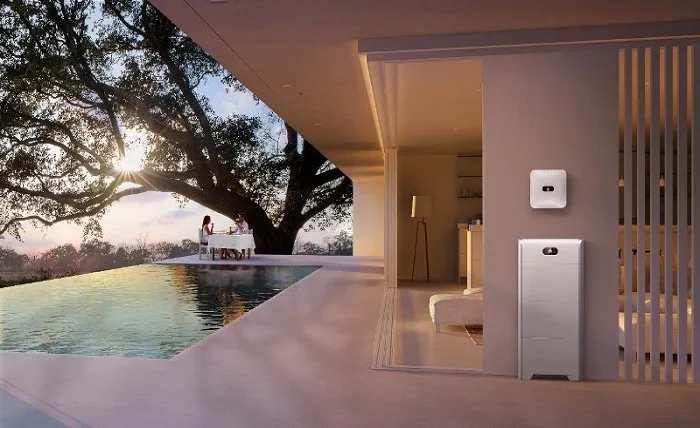Power outages can occur unexpectedly and can cause significant inconvenience to homeowners. They can also cause damage to electrical appliances, loss of productivity, and even pose a safety hazard. That’s why it’s important to have a whole home battery backup system in place. A whole home battery backup system can help keep your home powered during an outage, ensuring that you and your family stay safe and comfortable. However, choosing the right whole home battery backup system can be difficult. There are many factors to consider, including the size of your home, your energy needs, your budget, and more. Click here to know some tips on how to choose the right whole home battery backup system for your needs.
Determine Your Power Requirements
Before you choose a whole home battery backup system, you need to determine your power requirements. This will help you choose a system that can provide enough power to keep your home running during an outage. To determine your power requirements, you need to look at your electricity bills and identify the average amount of electricity you use each day. You can then use this information to calculate the total amount of energy you need to power your home during an outage. Keep in mind that some appliances, such as air conditioners and refrigerators, require more power to start up than they do to run. You’ll need to factor in these startup requirements when calculating your power requirements.
Consider Your Budget
Whole home battery backup systems can vary in cost, with some costing thousands of dollars. Before you choose a system, you need to consider your budget. Keep in mind that while a more expensive system may provide more features and higher capacity, it may not be necessary for your needs. You should evaluate the features of each system and choose one that fits within your budget while still meeting your power requirements.
Choose the Right Type of Battery
There are two main types of batteries used in whole home battery backup systems: lead-acid batteries and lithium-ion batteries. Lead-acid batteries are the more traditional type of battery and are less expensive than lithium-ion batteries. However, they have a shorter lifespan and require more maintenance. Lithium-ion batteries, on the other hand, are more expensive but have a longer lifespan and require less maintenance. They also have a higher energy density, which means they can store more energy in a smaller space. When choosing a battery type, you’ll need to consider the lifespan, maintenance requirements, and energy density to determine which one is right for your needs.
Consider the Size of Your Home
The size of your home will also play a role in determining the right whole home battery backup system for your needs. If you have a smaller home, you may be able to use a smaller system with less capacity. However, if you have a larger home, you’ll need a system with a higher capacity to provide enough power to keep your home running during an outage.
Choose a Reputable Brand
When choosing a whole home battery backup system, it’s important to choose a reputable brand. A reputable brand will provide a quality product that is reliable and backed by a warranty. You should research different brands and read reviews from other homeowners to determine which brands are the most reliable and provide the best value for your money.
Conclusion
A whole home battery backup system is an important investment that can provide peace of mind during power outages. When choosing a system, you should consider your power requirements, budget, battery type, home size, and brand reputation. By following these tips, you can choose the right whole home battery backup system for your needs and ensure that you and your family stay safe and comfortable during a power outage.



